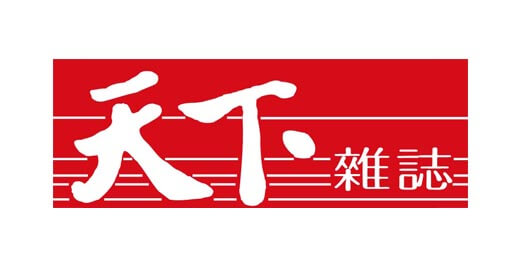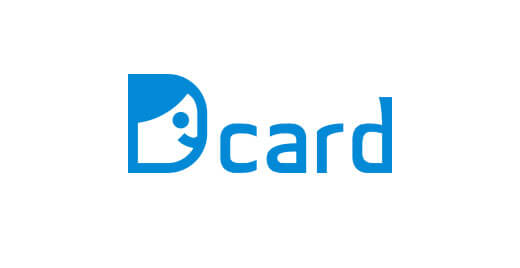Support genuine music! KKBOX has grasped the cloud trend, allowing the online music world to also make money!
KKBOX was the first in Taiwan to launch an online music service in 2004. In an era when piracy was still rampant, KKBOX pioneered the idea of supporting genuine music, and engaged in step-by-step talks with major record labels about licensing and holding large-scale events (such as: KKBOX Music Awards), to create the world’s largest online music service platform in the Chinese language.
KKBOX initially set up its own on-premises server room. By 2011, as membership growth exceeded expectations and hardware expansion could not keep up with the growth rate of the service, KKBOX officially deployed its services on the cloud. As a service and industry starting from Taiwan, KKBOX attaches great importance to GCP’s local server room in Changbin, Taiwan, which shortens the distance between KKBOX and music consumers.
KKBOX Head of System Infrastructure Chen Hung-Yi says: We used to have thousands of machines on at the same time across various cloud platforms in a single region. GCP is ready to go in less than ten minutes. From opening to accessing machines, GCP saves more than 3 times the time compared to other vendors. And GCP specialists provide very real-time consulting services and education and training courses for the technical aspects, which are very practical and helpful in operation.
Chen Hung-Yi says: GCP has shortened the development and deployment time of KKBOX, and at the same time reduced labor costs. Compared with the previous server room that we had built or the use of other cloud platforms, the benefits with GCP are clearer.
BigQuery saves time and effort. How is that?
Compared with other big data solutions, BigQuery’s biggest advantage to KKBOX lies in its maturity and stability. Using BigQuery can avoid many internal errors that developers are unable to resolve. In addition, BigQuery supports SQL Query, so KKBOX is directly compatible with BigQuery without drastically changing its existing program. In the past, one project usually required one engineer. After using BigQuery, KKBOX can distribute one engineer’s attention over three projects.
The next step for KKBOX: Google machine learning technology
KKBOX has recently launched a new service for analysis performed by AI technology. By analyzing the Chinese, Western, Japanese and other songs included in KKBOX, it filters out the songs with the best possible BPM (beats per minute) for playlists for people who like to listen to music while exercising, so they can further improve exercise efficiency. This service is currently handled by the KKBOX Research & Innovation Center, which is now paying close attention to the strengths of GCP: Machine Learning Products. The products that attract KKBOX the most are: GCP starts integrating most front-end data for import. To use Google’s machine learning products in the future, one will choose to migrate the entire data pipeline to GCP. In the future, KKBOX also plans to transfer the recommended playlists function to GCP.
In addition to Google’s artificial intelligence, KKBOX has recently begun to try to use other products on GCP, such as Cloud Functions, memory store, and Cloud SQL; it looks forward to solving manpower and resource scheduling problems through these new applications.


